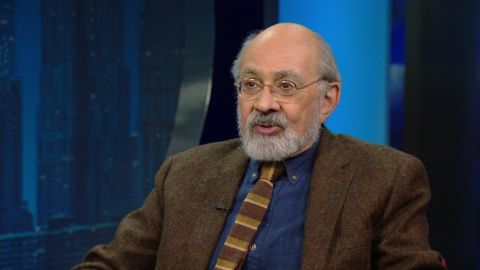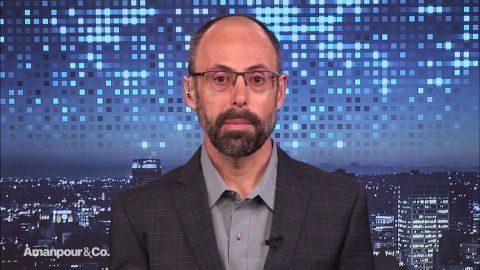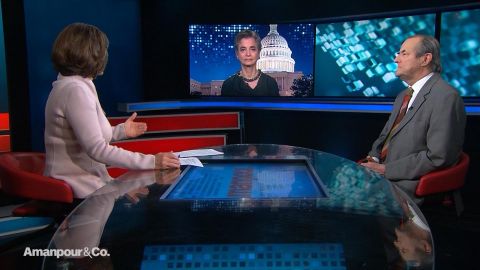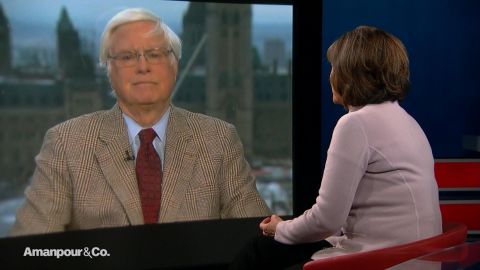Read Transcript EXPAND
CHRISTIANE AMANPOUR: Why kindness? And why now? I mean, it does seem, given all the — I don’t know, the stress, the unhappiness, the polarization in the world, and the pressures of social media, that kindness actually is probably a really good thing to focus on right now.
DANIEL FESSLER: Well, certainly, I and my colleagues here at UCLA and our benefactors who have funded this organization agree with you that kindness is the solution or at least part of the solution to many of the problems facing us today, problems at the individual level and problems at the social and political levels.
So, I think there is a growing body of research about the positive consequences of compassionate and kind interactions between individuals, the effects on the individuals, and also on the groups of which they’re a part. So I would agree with you I think the time is right now.
AMANPOUR: What is your definition or the definition of your study, your group for kindness? What does it actually mean, as applied by you?
FESSLER: That’s an excellent question. And we define kindness as the actions, thoughts, and intentions that are designed to benefit another person or party, where doing so is an end in itself. That is, it’s often the case that people will benefit others for some ulterior motive. We exclude that from kindness, and instead define kindness as simply seeking to enhance others’ welfare as an end in itself.
AMANPOUR: Give me a few instances of how you discovered that. I mean, there’s the famous McDonald drive-in burger buy. And there are a couple of other things that you focus on.
FESSLER: Right. So the McDonald’s drive-in burger buy is actually not a single event. This happens periodically, where at drive-through fast-food restaurants, someone pays for the meal of the people behind them, total strangers, and a chain of altruism begins, sometimes going for 100 or more separate individuals. My own group has been working on what can be called contagious kindness. And we and others have shown that, as a third party, observing kindness, so watching one person be kind to another, evokes a positive emotion in many observers, and motivates that observer to be kind in turn.
And, in fact, here at UCLA and in the Los Angeles area, we have done experiments where we stop people on the street. We pay them for their participation. And we evoke this positive emotion in them by showing them acts of kindness. And then we give them the opportunity to donate any portion of their payment to the children’s hospital here. And, in fact, some people donate not only their full payment, but even more than they were paid.
So we are evoking kindness and altruism on the spot by giving people the opportunity to observe it in others.
About This Episode EXPAND
Former Canadian Ambassador Michael Kergin discusses the human cost of this week’s diplomatic drama. Then, experts Richard Dalton and Barbara Slavin explain the current state of affairs between the U.S. and Iran and Ervand Abrahamian tells Walter Isaacson about the long and complicated history behind the two countries’ relationship. Plus, anthropologist Daniel Fessler makes the case for kindness.
LEARN MORE



